rhythm4inclusion: Promoting Social, Emotional, and Learning Skills of Students with and without Special Education Needs by Developing Teachers’ Capabilities in Music, Dance and Digital Competences
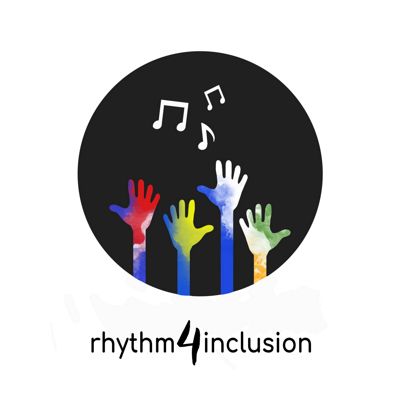
Contract Information
Programme: EACEA PROGRAMMES Programme Acronym: EACEA: ERASMUS+ Contract Type: NO CONTRACT TYPE Start Date: 2018-09-01 End Date: 2021-08-31 Contract No: 2018-1-SE01-KA201-039032 Role for TUC/MUSIC: Contractor Funding for TUC/MUSIC: 54785.0 Euros Principal Investigator for TUC/MUSIC: Stavros Christodoulakis
Project Information
Project Web Site
Project Description
Research evidence has sought to examine challenges on understanding students with Special Education Needs and the difficulties experienced in different learning situations. The overarching problem identified is that students with various disorders in contrast to identifying a single static primarily brain-based deficit, are increasingly perceived as out of sync with their internal and external environments experiencing difficulties to enable operations from their peripheral nervous systems. The noisiness that seems to occur in both spectrums of the neural flow cause profound dysfunctionality related to rhythm and timing of movement which has direct implications in the way certain types of students with special needs communicate, interact with their social surroundings and sensory system such as vision, hearing, touch, taste, smell and balance. Evidently, to provide research-informed and applicable solutions to this problem, the role of rhythm and timing in helping certain types of students to reduce overload and to create a symmetry to their sensory system which in turn may amplify their learning skills, capabilities and competencies has a significant potential and can lead to innovative approaches to foster inclusion in classrooms with students with and without Special Education Needs. This potential can be linked to music and dance, as the two major art forms that are directly related to rhythm and need synchronization between different body parts and multiple sensory inputs. By employing music and dance to design and implement creative learning interventions, students actively explore and make sense of their environment by embedding rhythm into social interactions which are rich in figures and context.
To explore this potential of rhythm in promoting inclusion in European schools, the rhythm4inclusion project will first identify the needs and requirements of teachers that are confronted with the task to address the needs of students with and without special needs co-existing in the same class, identify the innovative elements that can be brought in these situations by integrating music and dance, develop a rhythm-based inclusion curriculum combined with a digital competences framework for teachers. This last element aims at developing skills and competences that will allow teachers to explore modern digital technologies to collaborate with the colleagues as well as with distant psych-pedagogy experts and document their practices either to share and reuse them or to receive valuable feedback from special education experts.
The project supports teachers in their path to integrating arts for fostering inclusion by primarily piloting of the project (2nd project year) and the creation and delivery of the online training programme (3rd project year). The training programme will enable teachers across Europe to embed multi-arts into their daily teaching to teach curricular subjects and foster social inclusion. Through the piloting and training programme, teachers with no artistic training will be enabled to use the arts and overcome obstacles deriving from inhibitions and sense of inadequacy towards their own artistic abilities. They will gain knowledge of a method with innovative and successful practices to use with their students.
The Online Training Programme will consist into several parts, dedicated to selected art forms for rhythm-based learning interventions (music and dance), parts dedicated to the psycho-pedagogical framework that is necessary to understand how the proposed learning interventions should be designed, supported and evaluated, and parts that dedicated to the acquisition of important digital competencies that will allow teachers to exploit digital technologies in order to participate actively in communities of practice, document their work, share their experiences and find new professional development opportunities.
The final project outputs in terms of rhythm-based inclusion curriculum, teacher training materials and teachers’ Community of Practice, all supported by a modern eLearning platform enabling its widest possible use will be used by school teachers facing serious difficulties in their work with disruptive or problematic and disordered students with the provision of clear and concise guidelines and techniques, as well as information on the implementation and evaluation process. Through the rhythm4inclusion platform a high and increasing number of teachers will participate in this Community of Practice by continuously receiving feedback from the expert team or by creating their own “virtual field of sharing and exchanging knowledge and practice” with their colleagues internationally that would spread the results and push for the introduction of groundbreaking strategies/ techniques within school contexts in countries that are suffering from the lack of multidimensional and innovative educational methods in the era of e-reality and innovation in education.
Project Publications
(3) Towards the Development of a Digital Competency Framework for Digital Teaching and Learning
Publication Authors: Lameras P., Moumoutzis N.
Publication Info: 021 IEEE Global Engineering Education Conference (EDUCON) 2021
Publication Type: Conference Publications(2) A 3D Rhythm-based Serious Game for Collaboration Improvement of Children with Attention Deficit Hyperactivity Disorder (ADHD)
Publication Authors: Giannaraki M., Moumoutzis N., Papatzanis Y., Kourkoutas E., Mania K.
Publication Info: 2021 IEEE Global Engineering Education Conference (EDUCON) 2021
Publication Type: Conference Publications(1) A 3D Serious Game for Improving Social Skills of Children with ADHD via Multimodal Rhythm-centric Exercises
Publication Authors: Giannaraki M., Moumoutzis N., Papatzanis Y., Elias K., Mania K.
Publication Info: Proc. ACM-W 1st Summit on Gender Equality in Computing, Greece. 2019
Publication Type: Conference Publications
Project Downloads
Project Consortium
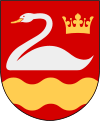
Viksjöfors skola
Viksjöfors skolaSE 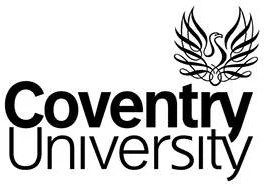
COVUNI
Coventry UniversityUK 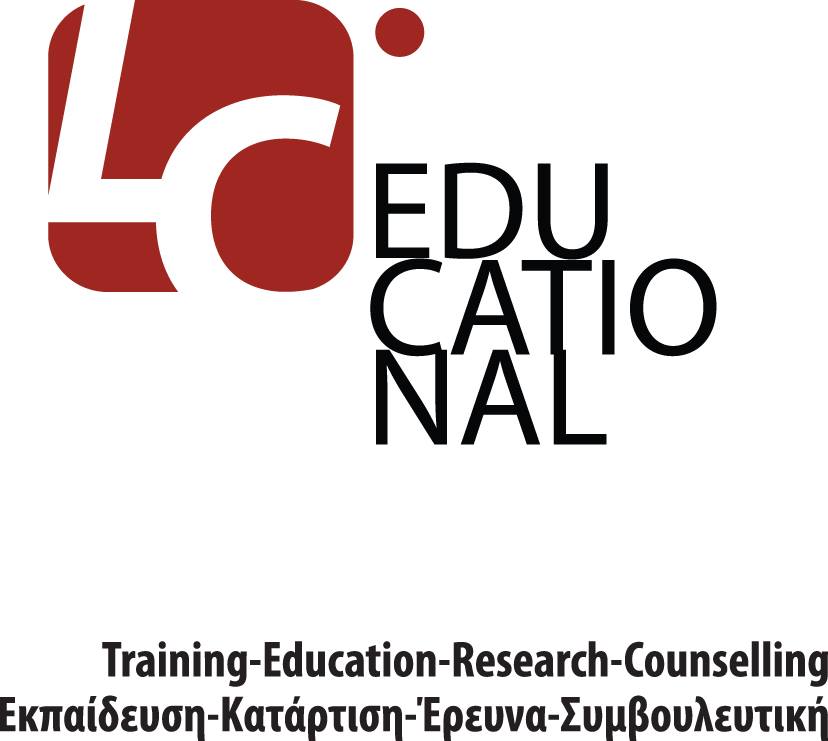
LCEducational
LCEcucationalCY 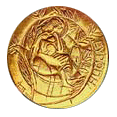
UoC
University of CreteEL



